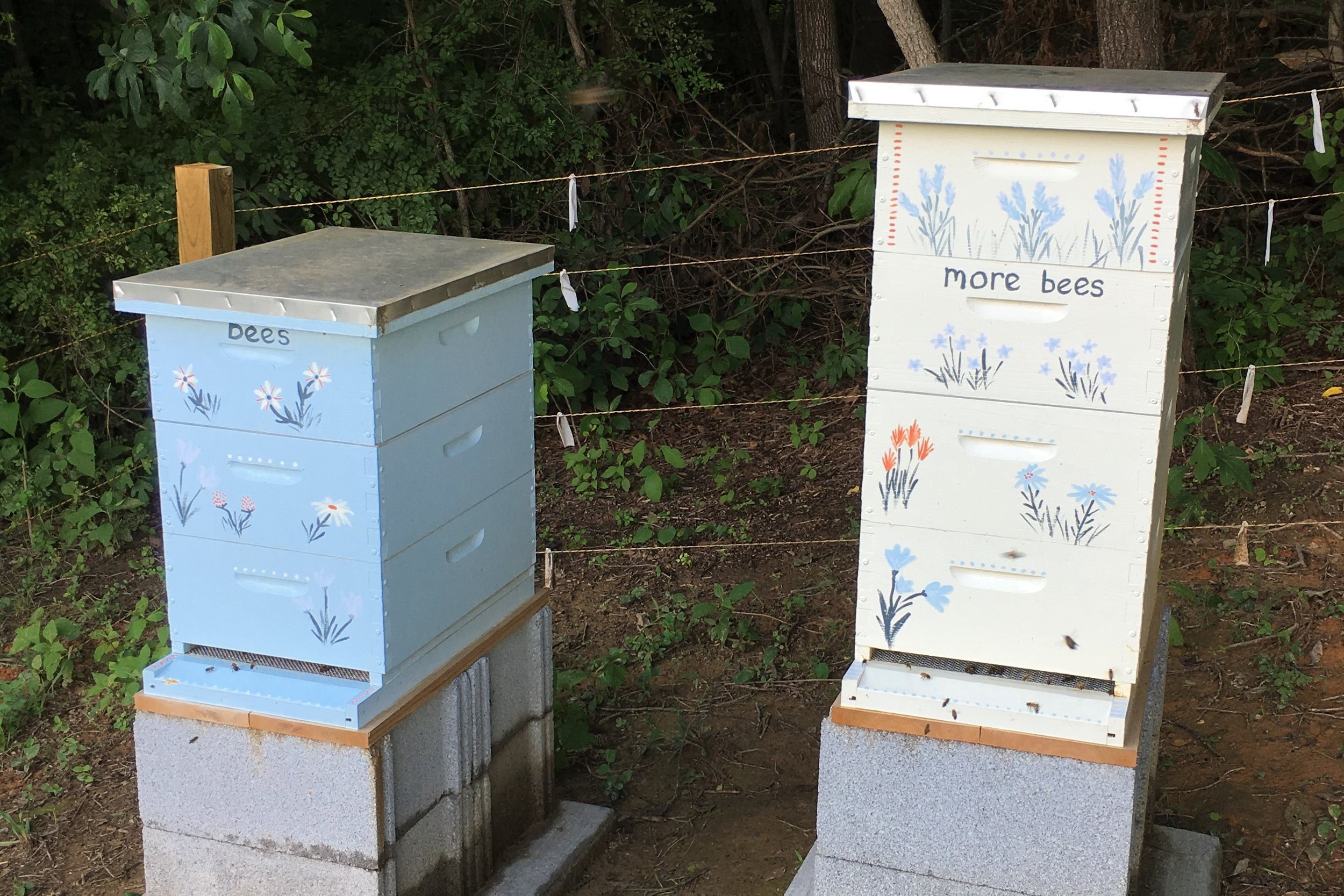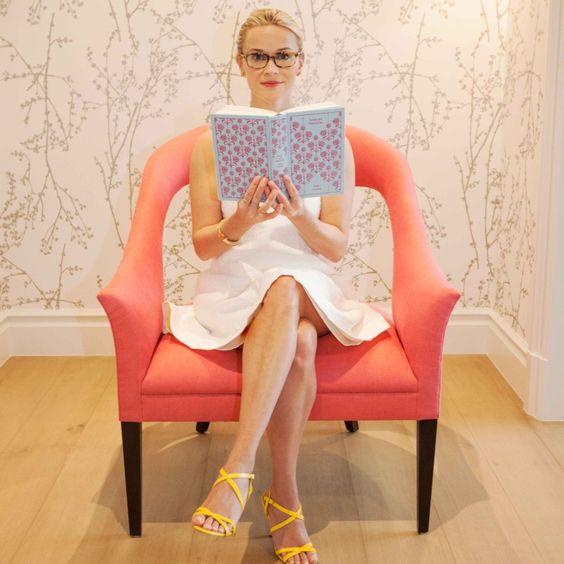Here's the first chapter. See how you like it.
Chapter One
Geneva
Dr. Geneva Novak stared at the x-ray clipped to the light box on the wall. She tilted her head sideways and squinted at the contents of the dog’s stomach. The iPod was obvious—it faced her—but the object protruding from the large blurry mass stumped her. Rectangular, with two bright white bars. Only metal lit up like that.
She clenched her jaw. This would be the third time she would have to operate on Zeke to remove things he’d swallowed, things his owner shouldn’t have left lying around. After the second incident, she had talked to the owner at length about how to protect his dog. She recommended he walk Zeke daily, so the dog wouldn’t turn to mischief out of boredom, and suggested he either keep his apartment orderly or confine the dog when he left the house. Nearly all dogs come to love their crates, she reassured him. Geneva had written down the instructions and told him he could call her anytime for help. But when Zeke’s owner brought him in this morning, he confessed he hadn’t followed through on anything. And the outcome was illuminated in black and white on the wall.
Eyes still on the x-ray, she pulled a hair band from the pocket of her lab coat and secured her dark hair into a tidy bun that would fit under her scrubs cap. Her cell phone, abandoned on the desk behind her, warbled. She touched the icon. A message from Dublin. It’s Mom, it read. Call me.
Geneva sighed. “It’s always Mom.”
Holding it by the edges as if it were rigged to explode, she placed the phone on the corner of her desk, and took a step back. Her mother, represented by three letters on a tiny screen, had intruded the sanctity of her workplace and unbalanced her. Exhaling completely, she pulled her broad shoulders down and back, a habit from her yoga days that helped her focus.
She didn’t have to call Dublin, not right away. For all he knew she could be in surgery or have back-to-back appointments all afternoon. She might have left her phone on the kitchen counter this morning, or the battery might have died. Whatever had happened—whatever her mother, Helen, had done this time—could wait, ideally forever. Geneva had Zeke to take care of and another surgery after that. Helen was better off in Dublin’s hands in any case. Hadn’t he been dealing with her for years? And what could Geneva do from 500 miles away?
Down the hall in the treatment room, a dog barked, setting off several others. Rosa, an intern from Marin High School, appeared in the office doorway, clutching a stack of files to her chest. She rocked on the toes of her red sneakers and grinned at Geneva.
“Zeke’s almost done with his fluids, Dr. Novak. He’ll be ready for surgery in about ten minutes.”
“That’s great. Thanks.” She turned toward the image of the mysterious object imprisoned in Zeke’s ribcage. “Hold on a minute, Rosa. If Zeke’s owner is still here, can you ask him if he’s also missing a charger?”
“Are you serious?”
“Bull Terriers are notorious for their dietary indiscretion.” She noted Rosa’s blank expression. “They’ll eat anything. Still, Zeke’s taste for electronics has less to do with genetics than boredom. Zeke was made a geek, not born one.”
Rosa laughed, tossed her braid off her shoulder and disappeared.
The call to her brother would have to wait. She took a last look at the x-ray, flicked off the light box and went to change into scrubs.
At three o’clock Geneva finally unpacked her lunch. Her cell phone vibrated under the paper bag. Dublin again. She couldn’t avoid this any longer.
“Hi. I was going to call you.”
“Yeah? You got my message? Good. Listen, I know you’re slammed at work. When aren’t you, right? But I just need a minute, okay?” Dublin’s tone sounded more frenetic than usual. She sat up straighter. “Here’s the story, Ginny. Act One. Lights come up. The set’s deserted but there’s an empty vodka bottle on a side table. You can’t miss it.”
“Dublin, just tell me what’s going on. You can write the scene later.”
“I am telling you. Welcome to Act Two. Mom crashed her car. One leg is pretty mashed up for starters. God knows what else. She wasn’t too drunk to remember her seatbelt, so we can expect an Act Three.”
The blood rushed from her head. She lowered the phone from her ear and stared at it with a mix of disbelief and anger. The seconds ticked by on the call timer. She listened to Dublin’s voice, now small in the palm of her hand. How easy it would be to quiet him, to hear nothing more about her mother. She could simply slide her finger an inch to the right. What was technology for if not such a convenience?
She raised the phone to her ear. “Sorry.”
“You okay, Ginny? Didn’t you hear me shouting? I was about to call reception and have them check on you. Don’t scare me like that.”
“I’m really sorry.” A car accident. How often had she asked her mother to get in the habit of taking taxis when sober, so she would automatically call one when she had been drinking? Helen’s opportunities to train herself were diminishing. Was it even noon when she had the accident? Geneva pictured the buckled hood of her mother’s blue Mustang, shattered glass on concrete, the rear doors of an ambulance. “Was anyone else hurt? Please tell me she didn’t kill anyone.”
“She didn’t kill anyone, but the cop at the hospital said she took out a few parked cars along Wilshire. The last one was an armored truck in front of a bank. The drivers thought she rammed them on purpose, so one of them drew his gun on her. That brought the cops pretty quickly. Everyone kept their heads, though. The only thing that went off was the airbag.”
“My God.” She dropped her forehead onto the heel of her hand.
“I know. Even I can’t write stuff this good.”
“Are you still at the hospital? Which one?”
“The Good Samaritan. And no. I was there but didn’t get to see her. I had to pick up Jack.”
When Dublin’s son, Jack, was diagnosed with autism four years ago, Dublin’s life had gone from rosy to harried. He and his wife, Talia, had a complex tag team schedule already subject to the mercy of L.A. traffic. A trip to the emergency room wouldn’t have been easy. Geneva felt a stab of guilt for Dublin’s burdens, then immediate gratitude for her two healthy children. Then a bit more guilt for that.
“What can I do, Dub?”
“Stay tuned.” He gave her the phone number of the hospital, and said he’d a leave message when he heard from the doctor.
Geneva called Zeke’s owner after the surgery and told the young man it had gone well. She gave him general directions for post-operative care and promised to leave a detailed instruction sheet at reception.
She was about to say goodbye when he asked, “Any chance the iPod still works? The way these vet bills keep piling up, I can’t afford another one.”
She suppressed the urge to hang up. “I didn’t test it,” she said evenly. “And I didn’t match up the socks I found in there either. There were three this time. And two pairs of women’s underwear.”
“For real? That dog is nuts.”
“Nuts? Hardly. Are you waiting for Zeke to reform himself? He needs you to take charge. Do the things I suggested before. Exercise him every day. A tired dog is a good dog. Don’t give him the run of the house when you can’t monitor what he’s doing. And, at the risk of sounding like your mother, pick up your socks.”
Geneva sent off the last urgent email of the day and noticed Constantine Corso leaning against the doorframe. Burly and square-jawed, “Stan” looked less like a veterinarian than a retired hit man.
“Zeke vacuuming his house again?”
“Yes. And he’ll be back. I’m not sure it was ethical to have sewn him up. Perhaps a Ziploc closure next time.”
“A lot of dogs eat things they shouldn’t, Geneva. Their owners can’t always stop them.”
“But they should try, Stan. That poor dog.”
Her cell phone buzzed from inside her lab coat. She pulled it out. Her brother again.
“You want me to show you how to answer that?” Stan teased.
“I’m not a Luddite.” she replied, more sharply than she meant to. “I just think connectivity is oversold. Case in point. Here we were, having a nice little chat about the moral quandaries surrounding sock-eating dogs, when this electronic buttinski interrupts with a message I know I don’t want.” She held the phone aloft. “I’m tempted to feed this to Zeke.” She slapped the phone onto the desk.
Stan lifted his eyebrows. She bit her lower lip and turned to the window. Outside, a woman in a blue coat holding a cat carrier walked down the path. A small girl skipped ahead of her. Geneva let out a long breath. Stan stepped into the room and sat in the chair across from her.
“Care to share with the class?” he said quietly.
In the three hours since she had talked to her brother, she hadn’t paused to think about her mother. In fact, she made a point of not thinking about her, and not only because of the demands of her job. The “It’s Mom” message gave her a familiar wrench-in-the-works feeling because each incident involving her mother upended her life. Last time Helen left a pan unattended, and while she was out cold on the couch, the kitchen curtains caught fire. Taking a nap, she had said. The repairs and insurance claim took weeks to sort out. A year before that, her mother was stranded in Vegas, having reached the cash limits on her accounts, hawked her jewelry and burned through the proceeds. As in the past, there would be consequences. Legalities. Arguments. Reparations. And, eventually, promises to do better. Those were the worst.
She considered what to tell Stan. A few years ago, he had met her mother during a rare visit. Helen had embarrassed everyone by flirting ostentatiously with Stan in front of his wife. But Stan knew no more about Helen than Geneva revealed—not a great deal.
“Geneva?”
She leaned back in her chair. “I’m sorry I snapped at you. My mother’s had a car accident.”
“Oh, no. How bad is it?”
“Serious but not life threatening, as far as I know. My brother was updating me.” She tapped the phone on her desk.
“Can I do anything?”
It’s my life and I can’t even control it, she thought. What could anyone else do? “I’ve kept someone waiting in Room Two for twenty minutes. It’s my last appointment. You free?”
“You bet,” he said, getting up. “And let me know if you’ll need time off.”
Dublin’s message was a list: fractured knee and leg, broken nose (from the airbag, she presumed), dislocated shoulder, possible concussion, monitoring for internal injuries, stable. He had placed the word “stable” in quotes. She smiled thinly at the quip, then winced as she imagined her mother in a hospital bed, in a hip cast, her nose taped across the bridge and bruises blooming under her closed eyes.
Geneva lifted the leash off the hook behind the door and hung up her lab coat. She left her office and stopped by reception to remind the assistant to check on Zeke later that evening.
Outside the treatment room, she peeked through the window in the door. Rosa bent over a computer next to Diesel, Geneva’s Great Dane mix. The dog had recognized her footfall in the corridor and sat up expectantly, his ears like twin sails in a stiff breeze. She pushed open the door and called to him. He trotted across the room and sat in front of her, his nose at her waist, and lifted a paw. She held it and inspected the strip of adhesive tape on his forelimb. Tom, her husband, had brought Diesel to the clinic that morning to donate blood for a dog that had been hit by a car.
She stroked Diesel’s ears flat. “How’s my brave boy? Ready for that steak I promised you?”
The marsh wasn’t on her way home. By the time she stood on the path that ran along Pickleweed Inlet, the shadow of Mt. Tamalpais had turned the water midnight blue. A pair of kayaks, pointed toward Sausalito, slipped along the eelgrass at the marsh edge. She walked Diesel only a short distance, not wanting to tire him after the transfusion. Raising her binoculars, she scanned for unusual shorebirds. A dowitcher probed the sand and a handful of sandpipers huddled close before scattering like children at recess. The head of a harbor seal surfaced twenty feet from shore. It regarded her briefly, then vanished, leaving the merest ripple.
The binoculars were a ninth birthday present from her father, Eustace, who died less than two years later. The weight of them on the strap around her neck calmed her as she looked across water at the reeds on the distant bank, Diesel’s shoulder against her thigh. Her father had no particular love for birds, but Geneva tagged along when he hunted turkey or small game in the lush Carolina wood. He said searching for songbirds would keep her occupied during the long quiet mornings in the woods. Walking behind him on the narrow paths in the pre-dawn glow, his back as broad as the trunks of the ancient cottonwoods around them, she felt safe, and because of that, happy. They only spoke occasionally, when he would drop to one knee and show her some animal sign—a new opening in the bramble or a print in the dewy moss—his voice so low it sank into the damp mulch at their feet. He never minded when there was nothing to shoot, and she never minded when there was. The harsh crack of the rifle and the limp rabbits and doves represented the practical cost of the joy of those mornings.
That marked the beginning of her interest in animals, and the beginning of who she was to become. When her father died, she felt forsaken. A few years passed before she also felt cheated. Her eldest sister, Paris, was nearly an adult when he died, and his love for her was blinding, uncommon. Geneva, by comparison, was a child in the shadows. He had missed out on her entirely.
She turned toward the car. Tom would be wondering where she was. She would have to explain why she hadn’t called him about Helen. He would nod with understanding. And when he asked if she wanted him to go with her to L.A., she would watch for the measured disappointment on his face as she admitted she hadn’t decided whether to go.
















































